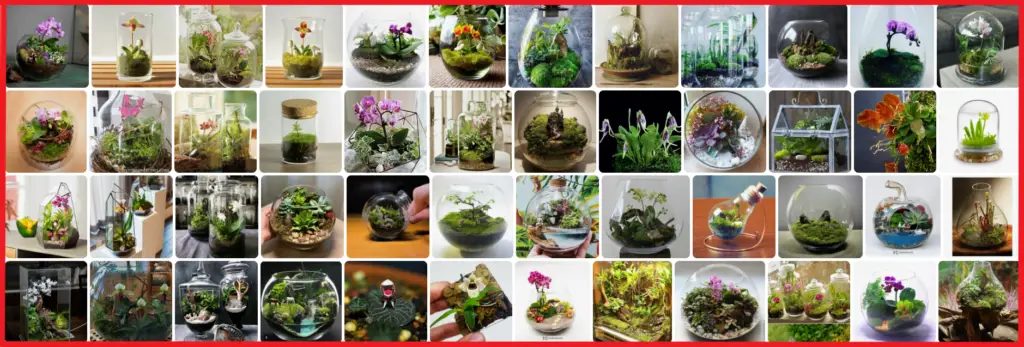When it comes to ensuring the success of your seedlings, choosing the right fertilizer is crucial. The fertilizer you select can make a significant difference in the growth and development of your plants. With a wide range of options available, it’s essential to understand the specific needs of your seedlings to provide them with the best possible care. By selecting the appropriate fertilizer, you can support healthy root development, robust foliage growth, and vibrant blooms. Let’s delve into the world of seedling fertilizers and explore the various types that can help your plants thrive.
Understanding Seedling Nutrient Needs
When it comes to understanding seedling nutrient needs, it’s essential to grasp the specific requirements of these young plants at different stages of growth.
From nitrogen for leafy growth to phosphorus for root development, each nutrient plays a crucial role in supporting the seedling’s growth journey.Just like how a growing child needs a balanced diet to thrive, seedlings also require a variety of nutrients to develop into healthy, robust plants..
To meet these nutrient needs effectively, selecting the right fertilizer is key. Think of it as choosing the perfect meal plan for your seedlings – providing them with the essential vitamins and minerals they need to flourish. By understanding the unique nutritional requirements of seedlings, you can ensure that they receive the necessary nutrients in the right quantities and proportions to support their growth and development.

Types of Fertilizers for Seedlings
When it comes to choosing the right fertilizer for seedlings, there are several types available, each with its own set of advantages and disadvantages. Understanding the different options can help you make an informed decision that will benefit the growth and development of your plants. Let’s take a closer look at the types of fertilizers commonly used for seedlings:
- Organic Fertilizers: These fertilizers are derived from natural sources such as compost, manure, or plant materials. They are known for improving soil health, promoting beneficial microbial activity, and reducing the risk of nutrient imbalances.
- Synthetic Fertilizers: These fertilizers are manufactured chemically to provide specific nutrients to plants. They are fast-acting and can quickly address nutrient deficiencies in seedlings, but they may have a higher risk of environmental contamination if not used correctly.
- Slow-Release Fertilizers: These fertilizers release nutrients slowly over time, providing a steady supply of essential elements to seedlings. They are beneficial for promoting consistent growth and reducing the frequency of fertilizer applications.
- Water-Soluble Fertilizers: These fertilizers are dissolved in water and can be easily absorbed by seedlings through their roots. They are convenient for delivering nutrients directly to plants and promoting rapid growth.
Organic Fertilizers for Seedlings
When it comes to nurturing seedlings, organic fertilizers stand out as a natural and sustainable choice. These fertilizers are derived from natural sources such as compost, manure, and plant materials, offering a range of benefits for seedling growth and overall plant health.
Here are some key advantages of using organic fertilizers for seedlings:
- Improved soil health: Organic fertilizers help enhance soil structure, promote beneficial microbial activity, and increase soil fertility over time.
- Reduced environmental impact: Unlike synthetic fertilizers, organic options are less likely to leach harmful chemicals into the environment, making them eco-friendly.
- Enhanced nutrient absorption: Organic fertilizers release nutrients slowly, providing a steady supply that seedlings can readily uptake for sustained growth.
By choosing organic fertilizers for your seedlings, you not only support a more natural and holistic approach to plant nutrition but also contribute to a healthier ecosystem for future generations to thrive in.
Synthetic Fertilizers for Seedlings
Synthetic fertilizers for seedlings play a crucial role in providing essential nutrients quickly and effectively. These fertilizers are formulated to deliver a concentrated dose of nutrients that can be readily absorbed by seedlings, promoting rapid growth and development. However, it is important to use synthetic fertilizers judiciously to prevent over-fertilization, which can harm seedlings. Consider factors such as the nutrient composition of the fertilizer, the application method, and the specific needs of the seedlings when choosing a synthetic fertilizer. By understanding how synthetic fertilizers work and their proper application, you can ensure that your seedlings receive the necessary nutrients for healthy and robust growth.
Slow-Release Fertilizers for Seedlings
Slow-release fertilizers are a popular choice for nurturing seedlings due to their unique benefits.
By slowly breaking down in the soil, slow-release fertilizers deliver nutrients in a controlled manner, minimizing the risk of nutrient leaching and wastage. ear:both; margin-top:0em; margin-bottom:1em;">These fertilizers are designed to provide a gradual and consistent release of nutrients to the plants over an extended period, ensuring steady growth and development..


